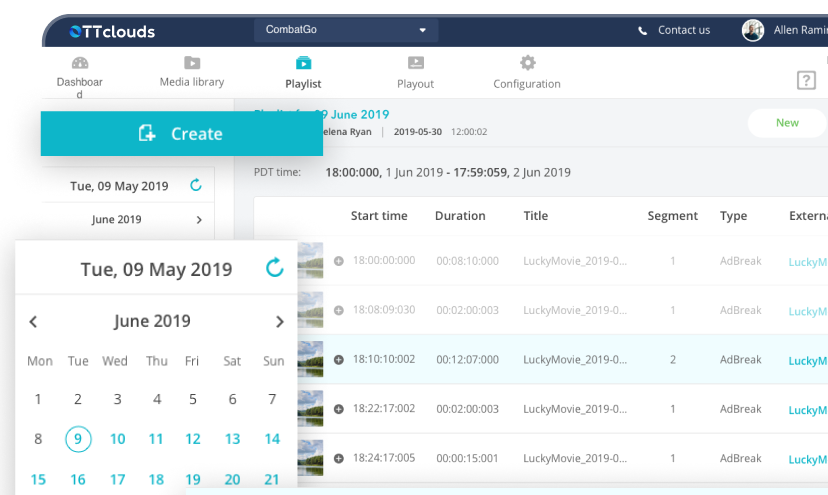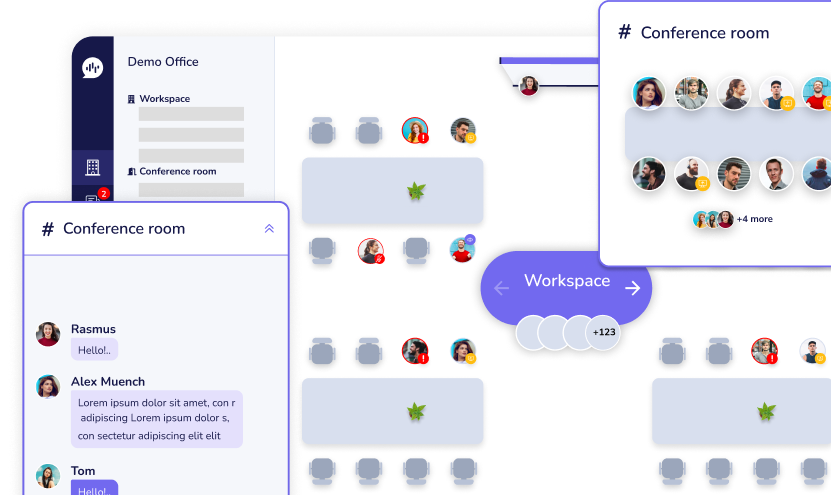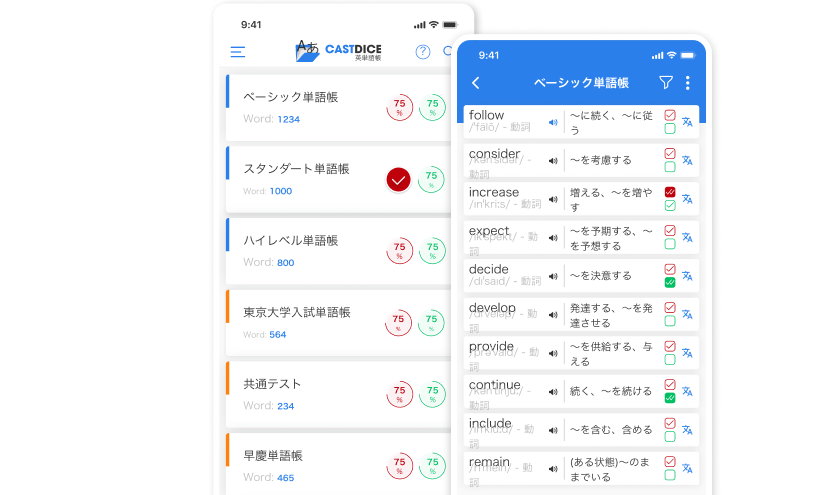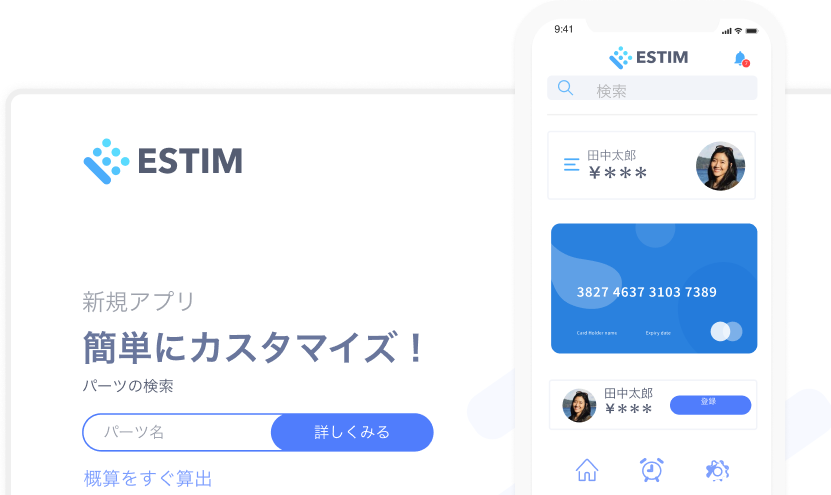Pros and Cons of Using React Native in Web App Development
14/01/2024
2.77k
Table of Contents
As a seasoned React developer navigating the dynamic landscape of web app development, the choice of frameworks can significantly impact project outcomes. React Native, originally designed for mobile app development, has increasingly found its way into the realm of web applications. Let’s dissect the pros and cons of employing React Native in web app development with a straightforward lens.

Pros of using React Native
**1. Cross-Platform Development:**
React Native’s hallmark is its ability to facilitate cross-platform development. This is a game-changer for web apps seeking a unified codebase for both desktop and mobile experiences. The advantages are evident in projects like Facebook’s own Ads Manager, where a shared codebase expedites development and maintenance.
**2. Reusable Components:**
The component-based architecture of React Native isn’t just for show. It promotes code reusability and consistency across different parts of your web app. For instance, a custom UI component developed for a specific feature can seamlessly find its way into other sections, ensuring a uniform look and feel.
**3. Familiarity with React:**
For developers well-versed in React, the transition to React Native for web app development is remarkably smooth. The ability to leverage existing knowledge and skills in JavaScript and React principles expedites the learning curve, fostering a more efficient development process.
**4. Community Support:**
The React Native community is robust, offering a plethora of resources, libraries, and third-party tools. For web app developers, this translates into an abundance of solutions and best practices readily available. A supportive community ensures that challenges are met with collective knowledge and innovation.
Cons of using React Native
**1. Limited Access to Native Modules:**
While React Native provides access to a wide array of native modules, it may lack support for certain platform-specific features. For example, if your web app requires intricate functionalities deeply rooted in native capabilities, relying solely on React Native might present limitations.
**2. Web-Specific Performance Challenges:**
React Native, initially designed for mobile environments, may not seamlessly translate to optimal performance in web browsers. Rendering complex UIs and handling animations can pose challenges, as the framework’s strengths lie more in the mobile app domain.
**3. Learning Curve for React Native Web:**
Despite React Native’s familiarity for React developers, adapting it for web app development involves a learning curve. Navigating the nuances of React Native Web, the library extension for web applications, might require additional effort. This could potentially impact development timelines.
**4. Limited Ecosystem for Web:**
While React Native boasts a mature ecosystem for mobile development, its offerings for web app development are relatively nascent. Developers might encounter scenarios where specific web-related functionalities are not as well-supported or documented as their mobile counterparts.
Navigating the Decision
Scenario 1: Building a Cross-Platform App with Unified Codebase
Consider React Native for a project where a cross-platform web app with a unified codebase is a priority. For instance, an e-commerce platform aiming for consistency across desktop and mobile interfaces could benefit significantly from React Native.
Scenario 2: High Dependency on Platform-Specific Features
If your web app heavily relies on platform-specific features or demands high-performance graphics, consider evaluating alternatives. Directly using native frameworks or exploring hybrid solutions tailored for web might be more suitable.
Scenario 3: Leveraging Existing React Skills for Web Development
If your team is well-versed in React and wishes to leverage existing skills for web app development, React Native becomes a pragmatic choice. This is particularly relevant for projects where a rapid development cycle is crucial.
Conclusion:
In the nuanced landscape of web app development, React Native brings both advantages and challenges. Its cross-platform capabilities and code-sharing benefits can be instrumental in specific scenarios, while considerations such as performance optimization and access to native features must be weighed.
Ultimately, the decision to use React Native for web app development hinges on project requirements, development goals, and the unique characteristics of the application. A pragmatic approach involves assessing the strengths and limitations outlined here, aligning them with the project’s needs, and making an informed decision that best serves the development objectives.
Related Blog





















